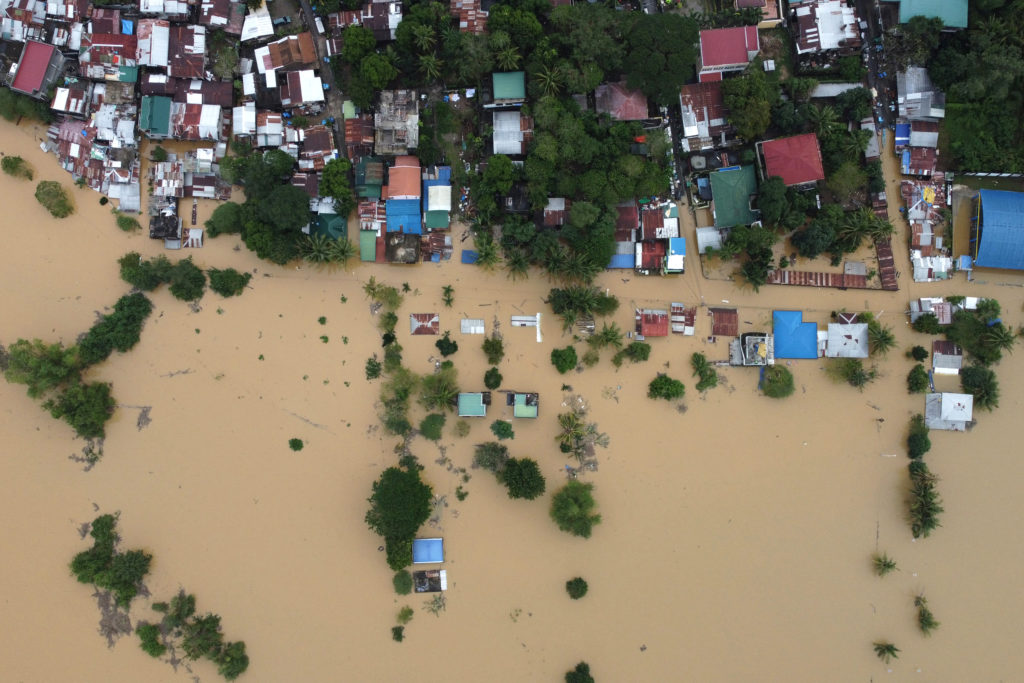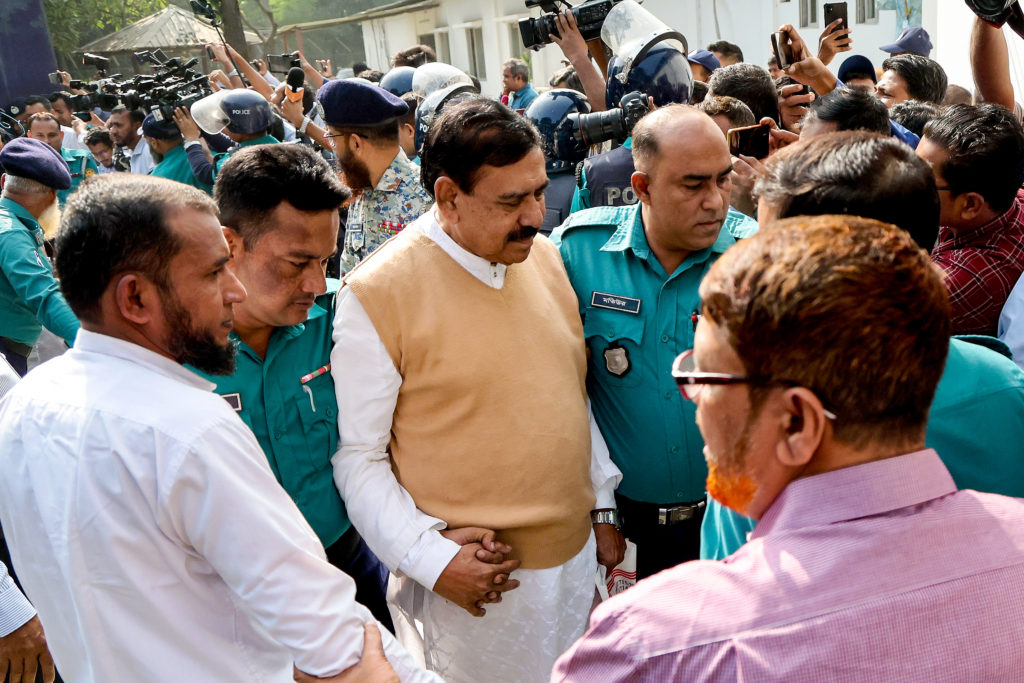Japan on Tuesday executed three prisoners on death row, the first since December 2019, local media reported citing unnamed sources including from the justice ministry.
The executions were the first under Prime Minister Fumio Kishida, who took office in October and won a general election the same month.
When contacted by AFP, the ministry did not immediately confirm the reports by multiple major media outlets, which did not give the identity of the three prisoners.
Japan, where more than 100 inmates await execution, is one of the few developed nations that still have the death penalty.
Public support for capital punishment remains high despite international criticism, including from rights groups.
The country executed three inmates in 2019 and 15 in 2018 — including 13 from the Aum Shinrikyo cult that carried out a fatal 1995 sarin gas attack on the Tokyo subway.
Executions are usually implemented long after sentencing, always by hanging.
Deputy chief cabinet secretary Seiji Kihara declined to comment on the reported executions at a regular briefing on Tuesday.
“Whether to keep the death sentence system or not is an important issue that concerns the foundation of Japan’s criminal justice system,” he said.
For decades, authorities have told death row inmates just hours before an execution is carried out — a process that two inmates argue is illegal and causes psychological distress.
The pair are suing the government over the system, and are also seeking compensation of 22 million yen ($194,000) for the distress caused by living with uncertainty about their execution date.
Documents and news archives show that Japan used to give death row inmates more notice, but stopped around 1975.
In December 2020, Japan’s top court overturned a ruling blocking the retrial of a man described as the world’s longest-serving death row inmate, raising new hope for the now 85-year-old.
Iwao Hakamada has lived under a death sentence for more than half a century after being convicted of robbing and murdering his boss, the man’s wife, and their two teenaged children.
But he and his supporters say he confessed to the crime only after an allegedly brutal police interrogation that included beatings, and that evidence in the case was planted.
Also last December, a man dubbed the “Twitter killer” was sentenced to death for murdering and dismembering nine people he met on the social media platform.










